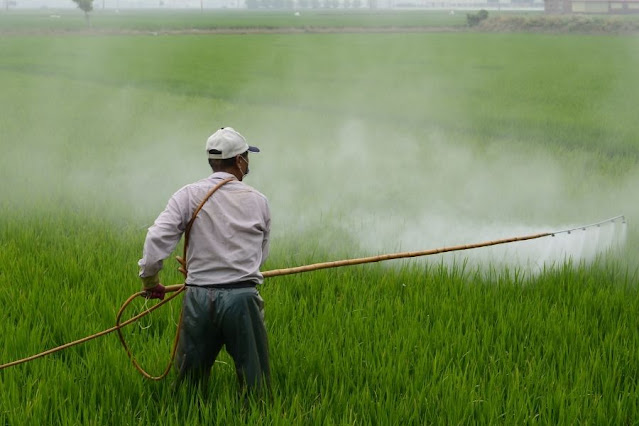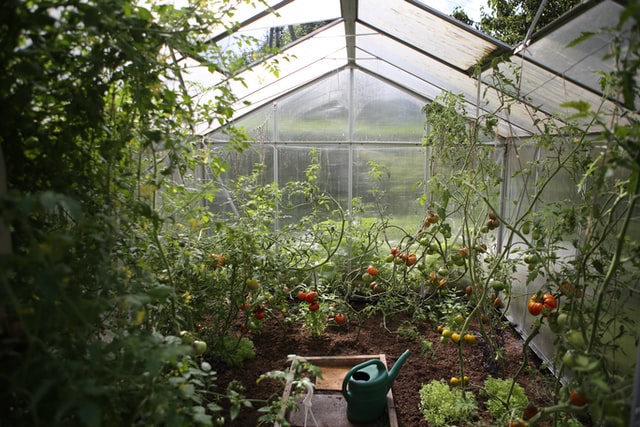 |
What are digital technologies in agriculture? |
Now it is necessary to use advanced technologies to increase agricultural productivity. This applies to robots, temperature sensors, and other advanced devices. Each will make a significant contribution to accuracy and systems. In this way, each company achieves greater profits, efficiency, and safety. Advanced technology is also more environmentally friendly.
These lasers include solid-state, gas, and semiconductor lasers that can be used for a variety of crops. Its use offers many benefits, such as reducing the number of fungi, which is a big problem because they are easily carried by seed. Below we have listed many other benefits of using laser technology in agriculture and answered all your questions.
agricultural machinery
With laser technology, such as laser graders, you can forget about the traditional methods used in agriculture. They require a lot of time, but also resources. Advanced technologies are the answer to the need to reduce resource use and increase efficiency.
Choose to use the lowest amount needed than to spread water, fertilizers, and pesticides evenly on the soil. You can do this with lasers that can target specific areas. This is not the only thing you can do. In addition, you can treat different plants in different ways.
Advantages of using laser technology
Regarding increased efficiency and minimal resource consumption, we should mention all the benefits that this method will bring to you. Lots of higher yields, less water, fertilizers, and pesticides. In this way, you reduce the amount of food and also reduce the impact on the natural ecosystem. This is important for anyone who wants to work more environmentally.
In this case, by reducing the release of chemicals into the water, you are also taking worker safety to a new level. Another major benefit is the reliability associated with robotic technologies that help control and manage natural resources. This includes, for example, water and air quality.
We must not forget about better management, processing, and distribution of crops and animals. Finally, all farmers receive advice on the use of new technologies. The new technology does not mean a radical change to current practices, but it does mean minimal downtime, resulting in better results with less labor.
Is the use of laser technology in agriculture sustainable?

Of course. Many studies prove this. There is a lot of instability in this sector because there has been a lot of climate change in the past. Unfortunately, farmers have nothing to say as a result of unexpected climate change, but they still have a lot to do.
For example, using laser technology, you can improve the safety and efficiency of your work. Not only is climate change, but also in energy, water supply, poverty, people’s need for food, etc. It is now easier to solve today’s major global problems, which are also associated with the choice between quantity and quality of seeds and agricultural food.
biotechnology in agriculture
Thanks to the use of biotechnology, crops are now more resilient than ever before. It is very important to work on the growth of microorganisms in agriculture to control pests. Crop growth also improves animal production.
https://digiworldofagriculture.blogspot.com/2022/01/what-are-digital-technologies-in.html
Farmers and end-users benefit in many ways. With population growth and climate change, it is important that we continue to work on the safety of biotechnology.
The role of artificial intelligence in agriculture

It is the use of artificial intelligence that has made it possible to predict climate and weather. This is an incredible success in the industry because devices and tools can collect data that we didn’t have access to before. This applies to all information that supports accurate farming and better solutions.
For example, drones, remote sensors, and other devices can continuously collect weather data in and around a country.
Farmers and end-users benefit in many ways. With population growth and climate change, it is important that we continue to work on the safety of biotechnology.
The role of artificial intelligence in agriculture

It is the use of artificial intelligence that has made it possible to predict climate and weather. This is an incredible success in the industry because devices and tools can collect data that we didn’t have access to before. This applies to all information that supports accurate farming and better solutions.
For example, drones, remote sensors, and other devices can continuously collect weather data in and around a country.





.png)
No comments:
Post a Comment